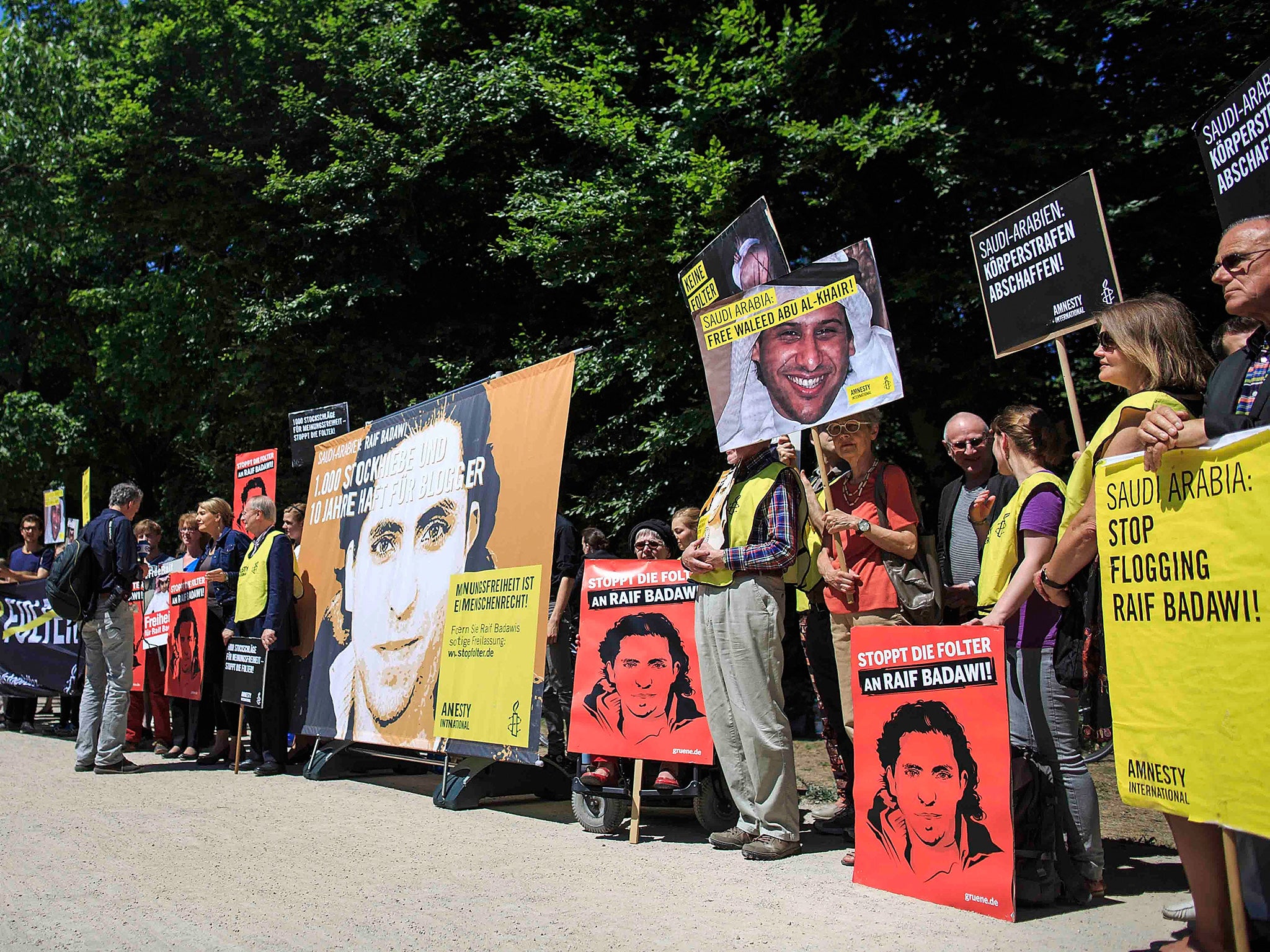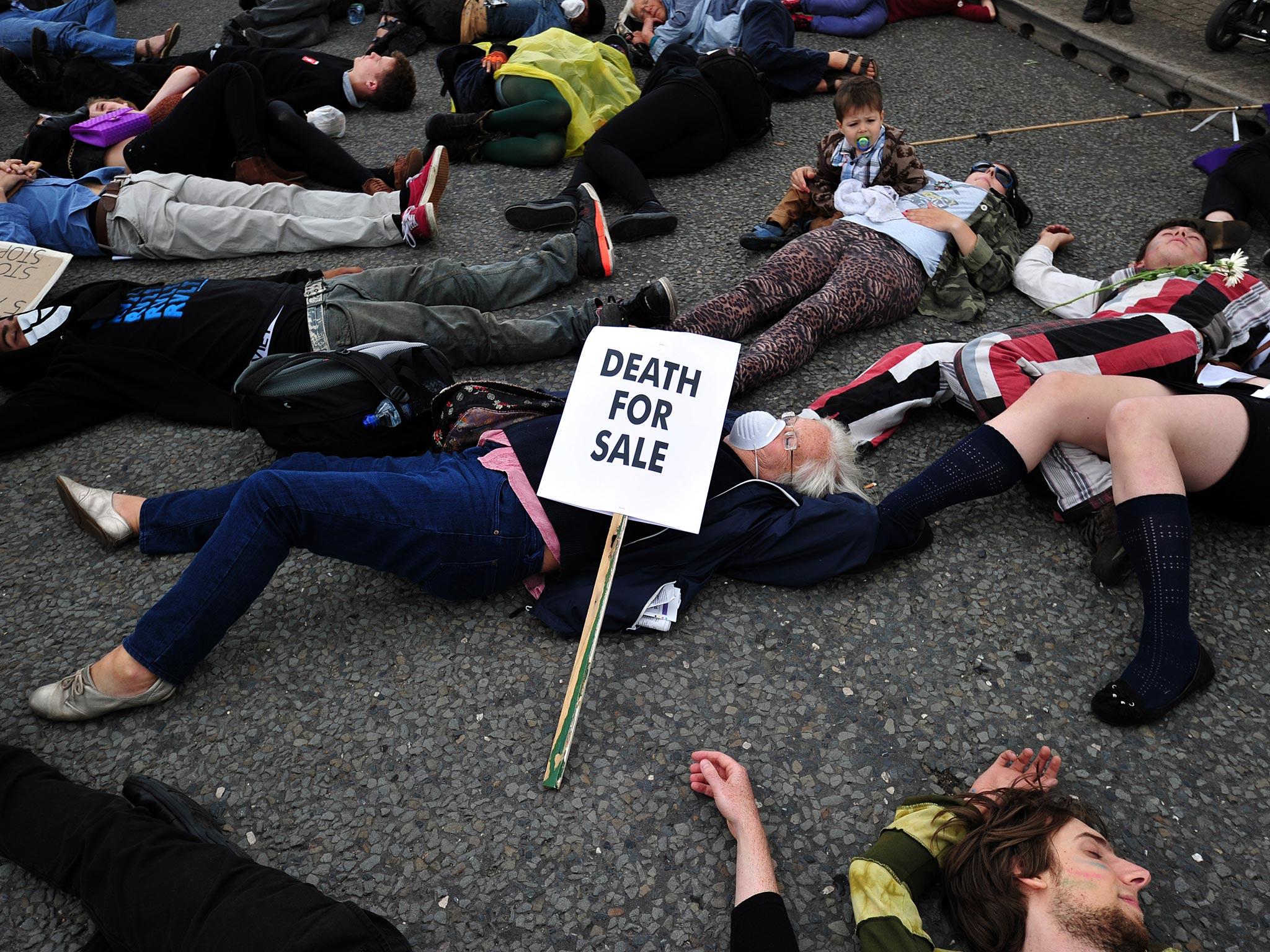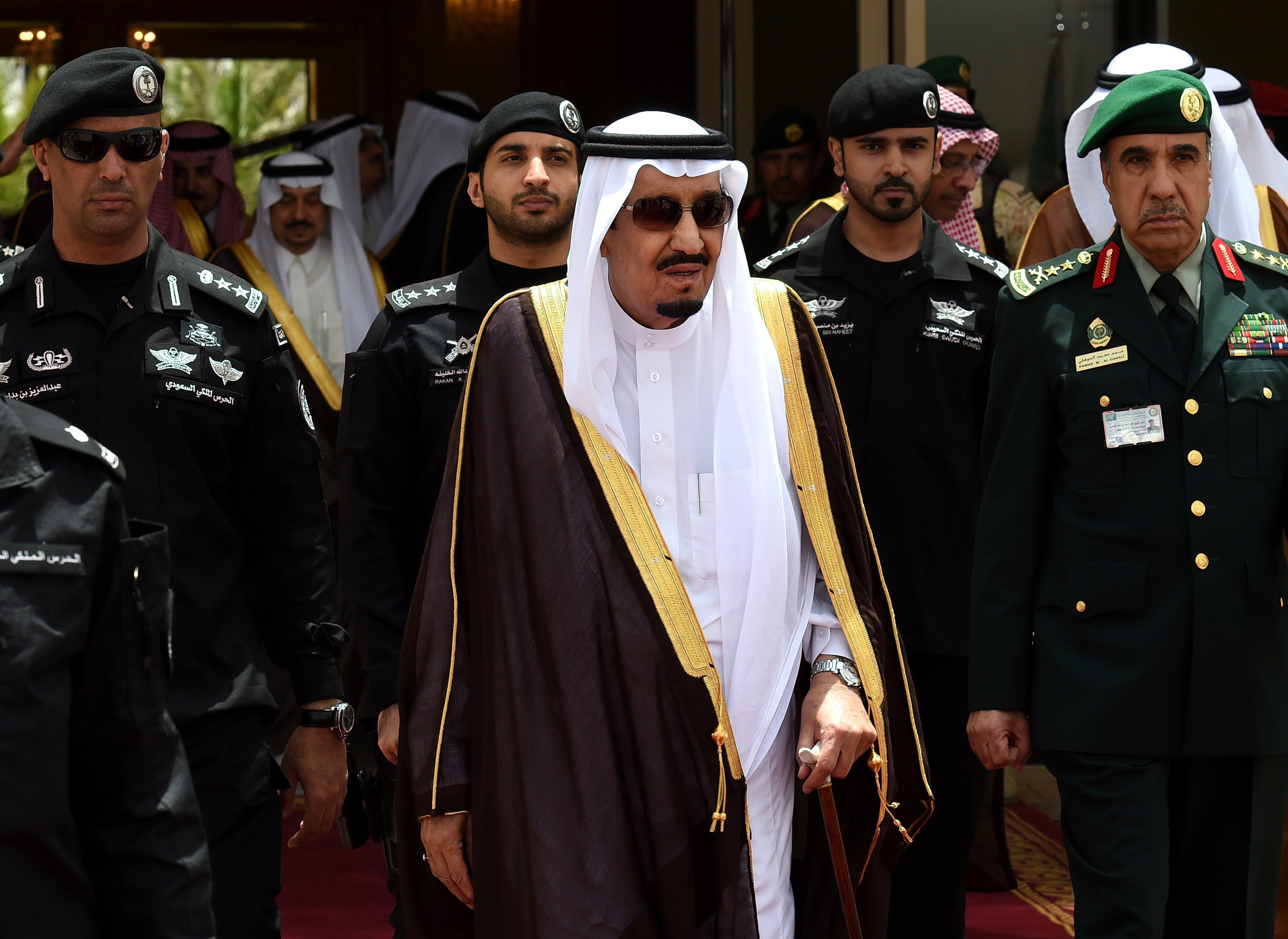The UK is trading away its credibility in its relations with Saudi Arabia and China
Shady deals and blanket silence speak volumes about the UK's attitude towards the importance of human rights

Your support helps us to tell the story
From reproductive rights to climate change to Big Tech, The Independent is on the ground when the story is developing. Whether it's investigating the financials of Elon Musk's pro-Trump PAC or producing our latest documentary, 'The A Word', which shines a light on the American women fighting for reproductive rights, we know how important it is to parse out the facts from the messaging.
At such a critical moment in US history, we need reporters on the ground. Your donation allows us to keep sending journalists to speak to both sides of the story.
The Independent is trusted by Americans across the entire political spectrum. And unlike many other quality news outlets, we choose not to lock Americans out of our reporting and analysis with paywalls. We believe quality journalism should be available to everyone, paid for by those who can afford it.
Your support makes all the difference.The revelation that the UK secretly supported the candidacy of Saudi Arabia for a place on the United Nations’ Human Rights Council is a fascinating - if disconcerting - peek behind the diplomatic curtain. It appears to have been a simple back-room deal, with Saudi officials assured of the UK’s support in exchange for Riyadh’s return vote for the UK.
Except, strangely enough, the UK’s election to the Council was uncontested and the UK was therefore in no need of Saudi support. Very curious. What would impel Britain to help Saudi Arabia onto an important UN human rights body when it is plain to all that Saudi Arabia’s human rights record is lamentably poor?
The FCO won’t discuss the vote and we’re left with no official explanation. But here are a few of the underlying realities to the UK-Saudi relationship. Saudi Arabia is the biggest single purchaser of UK-manufactured arms. Its enormous multi-billion-pound Al-Yamamah contract is the largest single arms deal ever conducted by the UK with another country. The lucrative deal is swathed in secrecy and successive UK governments have taken unprecedented measures to block the release of information concerning it.

Meanwhile, for the past six months Saudi Arabian warplanes have conducted regular airstrikes against the Houthi armed group in Yemen where there has been an appalling casualty rate amongst civilians. Over 2,100 Yemeni civilians have been killed, including at least 400 children - a rate of more than ten people a day. Amnesty believes that many of the Saudi attacks could amount to war crimes. Nevertheless, the Saudi-led anti-Houthi coalition is supported by the UK.
In addition to weapons, the UK has recently been marketing its experience in running prisons to the Saudis and other countries with poor human rights records. Despite widespread criticism of the scheme, and Michael Gove’s decision to wind it up, the contract with Saudi Arabia appears to be going ahead.
Saudi Arabia is considered by Britain to be an “important strategic ally” in the region and it can be extremely difficult to elicit any public criticism of the country from the lips of UK ministers. Even with a flagrantly outrageous case like that of Raif Badawi (the blogger flogged and jailed for his peaceful writings), ministers were circumspect to the point of self-censorship. Recently, with the Shia activist Ali Mohammed Al-Nimr facing a death penalty after a deeply unfair trial in Jeddah, the UK has again been uncomfortably quiet.

How do the likes of Badawi and Al-Nimr - or indeed Saudi women fighting for their right to drive and other basic powers of self-autonomy - feel when they hear about the UK’s deals with their government in Riyadh? “Let down” might be putting it mildly.
Where is the UK’s foreign policy going on countries like Saudi Arabia? Earlier this month the head of the FCO, Sir Simon McDonald, gave evidence to the Foreign Affairs Committee and was - in the words of the Chair - “immensely candid” in saying economic prosperity is further up his list of priorities than human rights. On his extended trip to China recently the chancellor George Osborne appeared to relish putting this into practice, ignoring the plight of 249 activists and lawyers, failing even to express concern about the case of the jailed economist Ilham Tothi, despite Osborne actually visiting the Xinjiang region which is where the ethnic Uighur Tothi is from.
To be clear (and as I’ve said before), it is of course totally legitimate for governments to pursue trade and economic interests. But not at the cost of unscrupulous behaviour on human rights.

Ministers should clarify exactly what happened during the 2013 Human Rights Council elections - did the UK conduct a deal with the Saudis, and if so why? And meanwhile, we need to see David Cameron speaking out on Ali Mohammed Al-Nimr’s case. The PM should make a personal appeal to King Salman on the teenager’s plight. He should tell the Saudi king that if he signs Al-Nimr’s death warrant he will further blacken the country’s reputation on human rights.
The UK has to keep company with all sorts of governments, many overseeing disreputable justice systems, draconian laws, abusive police forces and largely unaccountable armed forces. But kow-towing to the Chinese in ignoring human rights crackdowns or burying our heads in the sand over Saudi abuses are simply too high a price to pay for new deals on nuclear power stations, weapons exports or indeed anything else.
Allan Hogarth is Amnesty International UK's Head of Policy and Government Affairs
Join our commenting forum
Join thought-provoking conversations, follow other Independent readers and see their replies
Comments